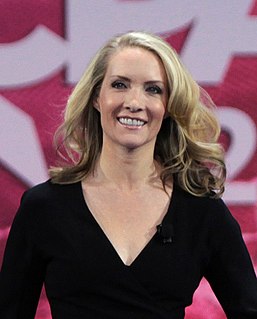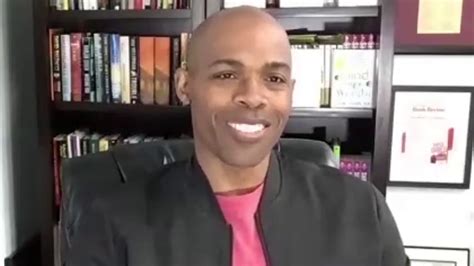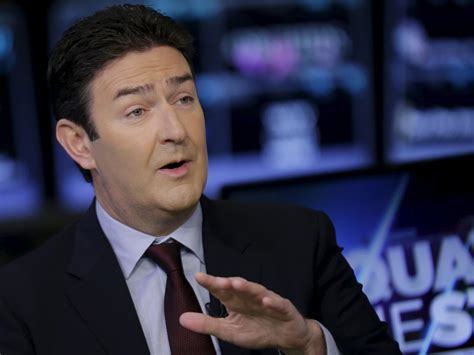A Quote by Tim Ferriss
The problem with New Year's resolutions - and resolutions to 'get in better shape' in general, which are very amorphous - is that people try to adopt too many behavioral changes at once. It doesn't work. I don't care if you're a world-class CEO - you'll quit.
Related Quotes
Many people have trouble sticking to their resolutions, and there is a simple scientific explanation for this. In 1987, a team of psychologists conducted a study in which they monitored the New Year's resolutions of 275 people. After one week the psychologists found that 92 percent of the people were keeping their resolutions; after two weeks we have no idea what happened because the psychologists had quit monitoring.
Sometimes we know the best thing to do, but fail to do it. New year's resolutions are often like that. We make resolutions because we know it would be better for us to lose weight, or get fit, or spend more time with our children. The problem is that a resolution is generally easier to break than it is to keep.
The object of a New Year is not that we should have a new year. It is that we should have a new soul and a new nose; new feet, a new backbone, new ears, and new eyes. Unless a particular man made New Year resolutions, he would make no resolutions. Unless a man starts afresh about things, he will certainly do nothing effective.


































